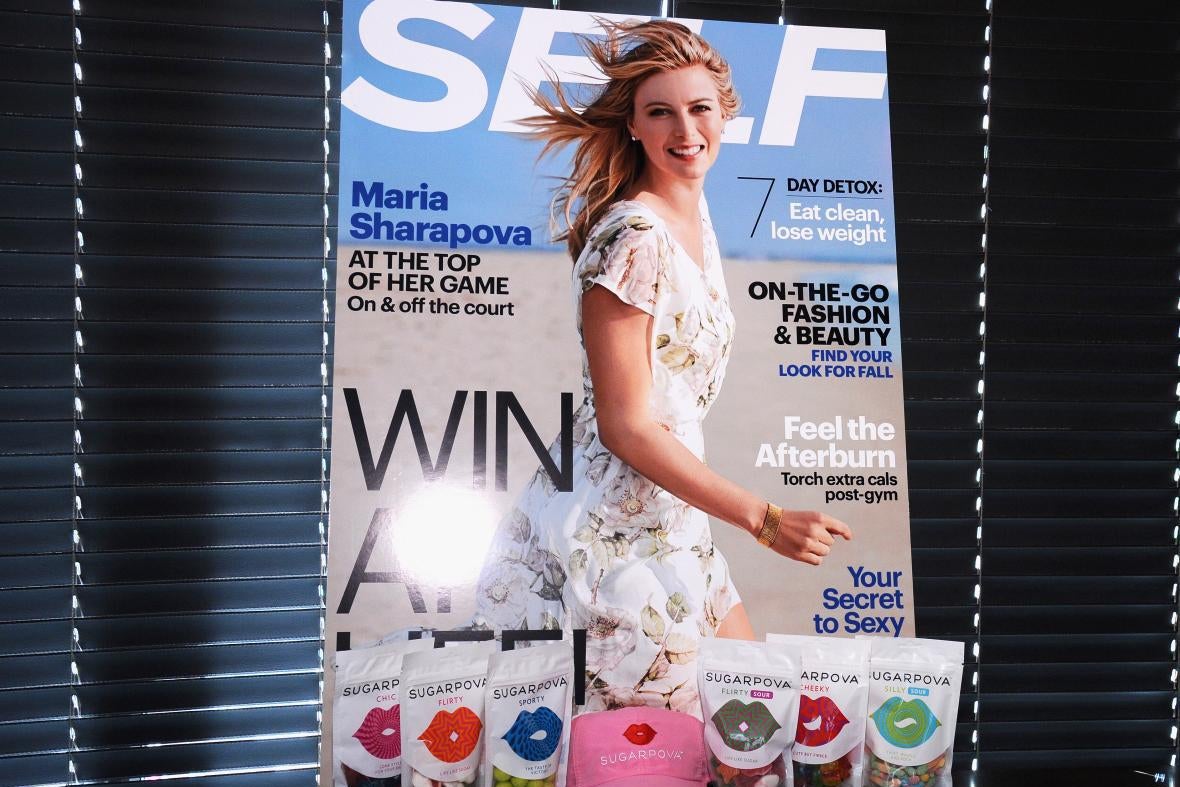Self, the Condé Nast women’s fitness magazine, is no more. Women’s Wear Daily reported on Thursday that the glossy will cease publication after February’s issue as part of a series of restructurings within the publishing company. Self.com will continue to publish new content, and the staff “will publish special print editions around multiple health and wellness-related moments,” according to WWD. About 20 staffers, including Self’s editor-in-chief of two and a half years, Joyce Chang, will lose their jobs with the magazine’s shuttering.
No journalist ever rejoices at news of another publication’s closing, unless the journalist is trying to tempt fate (or unless the publication is as despicable as Breitbart). Self ran plenty of interesting, well-reported features, including a few by current Slate writers. But I think it’ll be remembered primarily as a magazine whose longtime motto—“You at Your Best!”—stood in direct opposition to its editorial ethos. The empowerment offered by women’s magazines is almost always empty, of course, rooted as it is in consumerism, but Self’s brand of empowerment was particularly hypocritical—and, for people predisposed to body image issues and disordered eating, harmful.
During the years when I was an avid Self reader, the early to mid-2000s, the magazine sent readers two main messages in each issue: 1) you should love yourself just the way you are. 2) you’re too fat. Sometimes these two messages showed up on the same cover, as with a 2010 issue that promised potential customers that they could “Be Happy And Healthy At Any Size” while also offering “3 Easy Ways To Lose Weight.” Almost every issue of Self offered detailed eating plans, with every last afternoon snack mapped out in advance, or new fitness techniques guaranteed to produce flat abs. (Let’s be honest, they were mostly variations on crunches and planks, but Self’s editors managed to come up with new names for each move, God bless them!) But all of these elaborate diet and workout how-tos made sure to emphasize that their main purpose was not to make you skinny but to make you healthy, to reveal “your best body,” and to boost your confidence. A few pages away would be an article explaining how to feel more content about your job, your love life, and, yes, your appearance.
If you were wondering which standard Self valued more—appearance or confidence—you only needed to look at its cover stars and models, who were almost all white, conventionally beautiful, and extremely lean. Self was notorious for Photoshopping women within an inch of their lives. After one particularly egregious cover image mangled Kelly Clarkson’s figure, the editor in chief at the time, Lucy Danziger, asserted that Self was simply giving customers what they wanted, which was probably at least somewhat true but not necessarily morally justified.
Flipping through Self as a teen and young adult, it became clear to me that “your best body,” one worthy of confidence, was one without much fat on it—and I concluded that if I didn’t look like a Self model, it was because I wasn’t working hard enough at restricting and burning calories. And Self’s double-speak when it came to body image and health gave me, and countless other women, a script for justifying our disordered eating: I wasn’t cutting calories and working out because I wanted to be skinny, but because I wanted to be healthy and to feel good about myself. Who could argue with being healthy and feeling good about oneself?
To be fair, Self didn’t invent fatphobia; it only reflected society’s tendency to objectify women’s bodies and to attach a moral value to weight. But Self coopted the language of female empowerment for purposes that were at best frivolous and at worst destructive. When you’re told that confidence and self-esteem are of the utmost importance, but also that they are inextricably tied to they way you look, it makes it even harder to figure out what real confidence and self-esteem look like. I hope that Self will someday be seen as a curious artifact of a particularly tortured era of America’s relationship with women’s bodies—and that Self’s laid-off staffers will get hired at publications that won’t require them to write in doublespeak.
